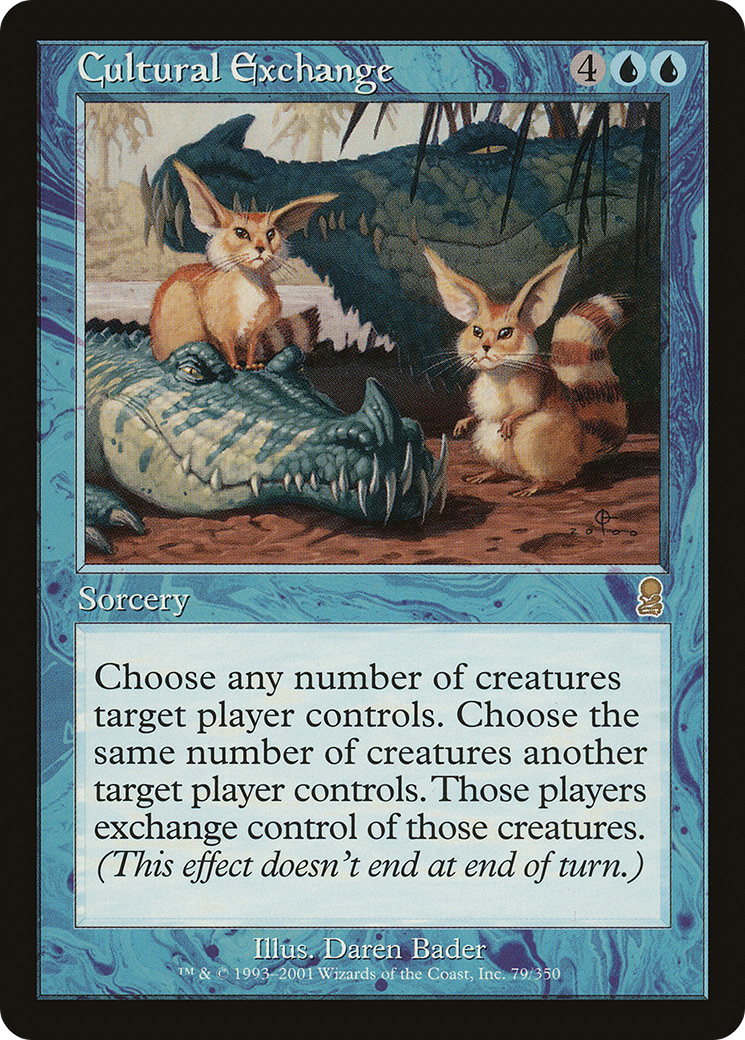Buzz of Connections
Exploring the latest trends in dating, relationships, and social interactions.
Why Player-Driven Item Exchanges Are the New Marketplaces of the Gaming World
Discover how player-driven item exchanges are revolutionizing gaming marketplaces and changing the way we trade forever! Don't miss out!
Exploring the Rise of Player-Driven Item Exchanges in Gaming
The gaming landscape has evolved significantly over the years, with player-driven item exchanges emerging as a major trend. These exchanges allow gamers to trade virtual items, skins, and in-game currencies directly, fostering a community-driven economy. Many online multiplayer games now incorporate systems that facilitate these trades, creating a dynamic marketplace where players can buy, sell, or trade items based on demand. This shift towards player-driven economies not only enhances the gaming experience but also emphasizes the value of digital assets within these virtual worlds.
As the rise of player-driven item exchanges continues, several factors contribute to their growing popularity. First, the increasing desire for personalization in gaming has led players to seek unique items that reflect their individuality. Furthermore, these exchanges promote a sense of community, as players engage in trading with one another. Additionally, developers are beginning to recognize the potential for revenue generation through transaction fees and premium trading features. Overall, the trend indicates a shift toward more interactive and player-centric gaming experiences.

Counter-Strike is a popular team-based first-person shooter that has captivated gamers since its inception. Players can engage in thrilling matches that require strategy, teamwork, and quick reflexes. For those looking to enhance their gaming experience, using a daddyskins promo code can provide valuable in-game items and skins.
How Player-Driven Marketplaces Are Revolutionizing the Gaming Economy
The rise of player-driven marketplaces is transforming the way gamers interact with virtual economies. Unlike traditional gaming models that restrict player transactions, these dynamic platforms empower users to buy, sell, and trade in-game assets freely. This shift not only enhances the immersive experience of gaming but also facilitates the development of robust communities around shared interests and economic activities. With the ability to monetize their skills and investments, players can now create unique value, fostering a more engaged and loyal player base.
Moreover, the impact of player-driven marketplaces extends beyond individual gamers to the broader gaming industry. Developers are starting to recognize the potential for innovation, as these marketplaces drive demand for more diverse content and experiences. As players wield more influence, game creators are compelled to adopt a player-centric approach, leading to the development of new features and enhancements that reflect the community's desires. In this way, the gaming economy is not just being transformed; it's being revolutionized by the very players who inhabit it.
What Makes Player-Driven Item Exchanges the Future of Gaming Trade?
The advent of player-driven item exchanges marks a significant shift in the gaming trade landscape. Unlike traditional trading systems dictated by game developers, these exchanges empower players to determine the value of their in-game assets, fostering a vibrant economy based on supply and demand. This dynamic environment not only enhances player engagement but also encourages a sense of ownership and investment in the game. As players trade items directly with one another, they create a more personalized and meaningful gaming experience, where the value of items can fluctuate based on player perceptions and market trends.
Moreover, player-driven item exchanges contribute to the sustainability of in-game economies, making them less susceptible to inflation and devaluation. By creating a transparent marketplace, players can easily assess the worth of their items and trade them accordingly, leading to a more balanced ecosystem. In games where player agency is a focal point, these exchanges cultivate a community of trust and cooperation. With advancements in technology, such as blockchain, the future of gaming trade lies in empowering players further, ensuring that they have control over their assets and the freedom to trade them in innovative ways.